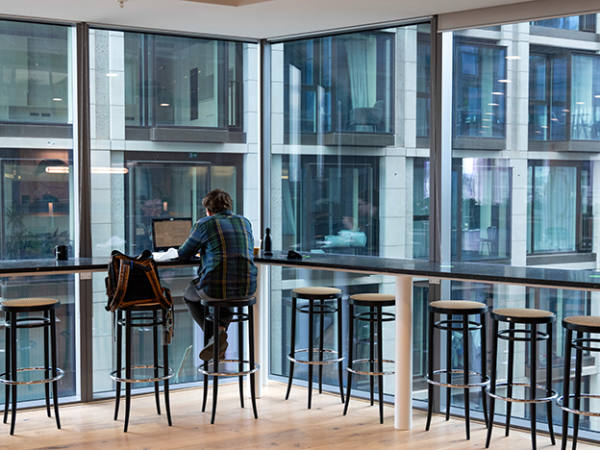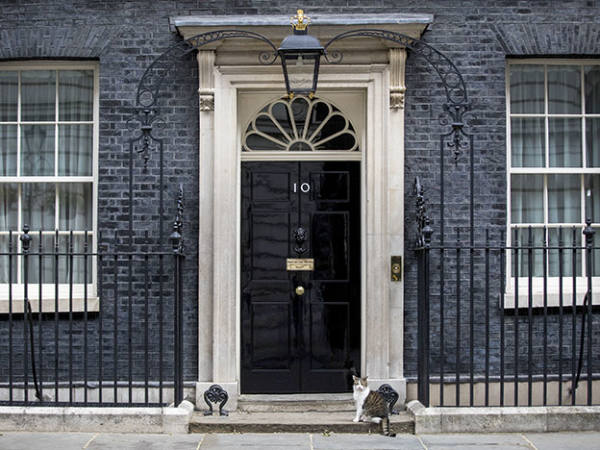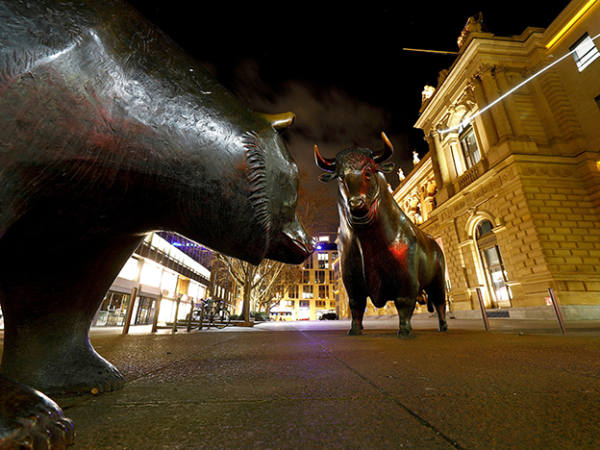- Higher retail and hospitality exposure is expected to weigh on earnings and asset values for some major London office landlords this year and in 2022
- Yet some shares are now valued almost in line with rivals that earn a much lower proportion of rental income via these struggling industries
London’s major office landlords are fighting battles on two fronts. The spectre of a permanent shift towards flexible working by employers has cast doubt over future demand for workspace and threatens to weaken rents. Meanwhile, exposure to the troubled retail sector has already sapped rental income and pulled down the overall value of those portfolios.
Of the London-listed stalwarts, British Land (BLND), Landsec (LAND) and Great Portland Estates (GPOR) are the most vulnerable to the accelerating structural decline of in-store retail. For Great Portland and British Land, retail accounted for around a quarter and almost a third, respectively, of portfolio value at the end of September. The weighting towards retail and hospitality rises to around 36 per cent for Landsec’s portfolio.
Yet despite the additional risk associated with having a greater exposure to these sectors, shares in all three groups have rerated to such an extent that they are trading almost in line with peers that attribute a far smaller proportion of their portfolio to shops and leisure outlets. Will the release of results for the 2021 financial year next month provide an indication that those rising valuations have reached their limit, or are even too optimistic?
The battle for these three office titans is driving growth from a more stable office portfolio over the medium term, while reducing the proportion of income they earn – or are owed, as the case has more commonly been during the past 12 months – from retailers.
Both British Land and Landsec set out strategies to sell off more of their respective retail properties and ploughing the proceeds into growth-generating assets.
In October, Landsec’s newly installed chief executive Mark Allan announced plans to sell around £4bn in assets over the next six years, predominantly “sub-scale” retail parks, hotel and leisure assets, and investing the proceeds in mixed-use developments, while continuing to focus on central London offices.
Since then, offices have accounted for the majority of disposals. In December, Landsec announced that it had agreed the sale of 1-2 New Ludgate to Sun Venture for £552m. Given the acute lack of liquidity within the retail property market, that is unsurprising.
Admittedly, monetising the still-high valuations attached to prime London offices has allowed the group to pay down debt in the short term, said Numis analyst Robert Duncan. However, he added: “You’re increasing your relative exposure to the more challenged sector of retail.”
By selling a lot of long-lease assets and topping up their development pipeline through acquisitions, Great Portland has also increased the risk attached to its portfolio valuation. “Until they can get on site and turn those assets around they’re in the most rapid phase of depreciation,” said Duncan.
While selling those assets will impact rental income this year, it is an inherent part of prime London office strategies, pointed out Peel Hunt analyst James Carswell. “Most of these companies' business models are to sell the more mature, finished developments,” he said.
Nevertheless, higher retail exposure is likely to weigh on rental income and the estimated rental values of the landlord’s portfolio at the full year. “What I would expect from Land is a weaker NAV performance compared with British Land and Great Portland,” said Duncan.
Rival British Land intends to hang on to its retail parks, but cut retail to between 25 and 30 per cent of the portfolio value, from 35 per cent at the end of March. In fact, earlier this month it announced the £43m acquisition of a retail park in Bedfordshire and a minority stake in Hercules Unit Trust, which comprises 10 prime retail parks.
Out-of-town retail parks have held their value better compared with other shopping centres and high-street stores, with these assets suffering less severe declines in valuation over the past 12 months, according to Knight Frank. However, while open-air sites and car parking facilities have helped ease the decline in footfall during the pandemic, the extent to which that will continue after the pandemic is less certain.
Landsec has a more explicit strategy, argued Duncan, compared with British Land’s aim to diversify into a greater array of assets, such as sought-after logistics. “It feels like that ship may have already sailed and they’re in a dinghy paddling after the cruiser,” said Duncan.
For British Land and Landsec, earnings are not forecast to recover to pre-pandemic levels before 2024 and are only expected to reach beyond 2020 levels in 2023 for Great Portland, according to analyst consensus figures.
Dividend forecasts have been similarly curtailed for the former pair. Consensus expectations are that the 2021 annual payment will be at around half the 2019 level, and remain almost a third and a quarter lower in 2022, for British Land and Landsec, respectively.
However, the decision by all three landlords to rebase their dividends was a smart move, argued Carswell. “[It’s] given them the ability to sell buildings and not worry about covering the dividend,” he said.
With expectations of a fall in office rents this year and the weight of retail decline, NAV growth is going to be very minimal, argued Carswell. “Why would you pay NAV for a company you think is going to deliver pretty flat returns for the next few months?” he said.
Indeed, the discounts attached to some of the office sector's constituents is deserved, but in other cases looks overdone. Shares in smaller office landlord Helical (HLCL) trade at a discount of 15 per cent, versus forecast NAV at the end of March. That is larger than that attached to Great Portland and only slightly lower than the 20 per cent discount at which British Land is valued, on the same basis. Yet the group has a lower exposure to the retail and hospitality industries and is expected to report a NAV higher than the pre-pandemic level this year. Investors can find far greater value on offer here.














